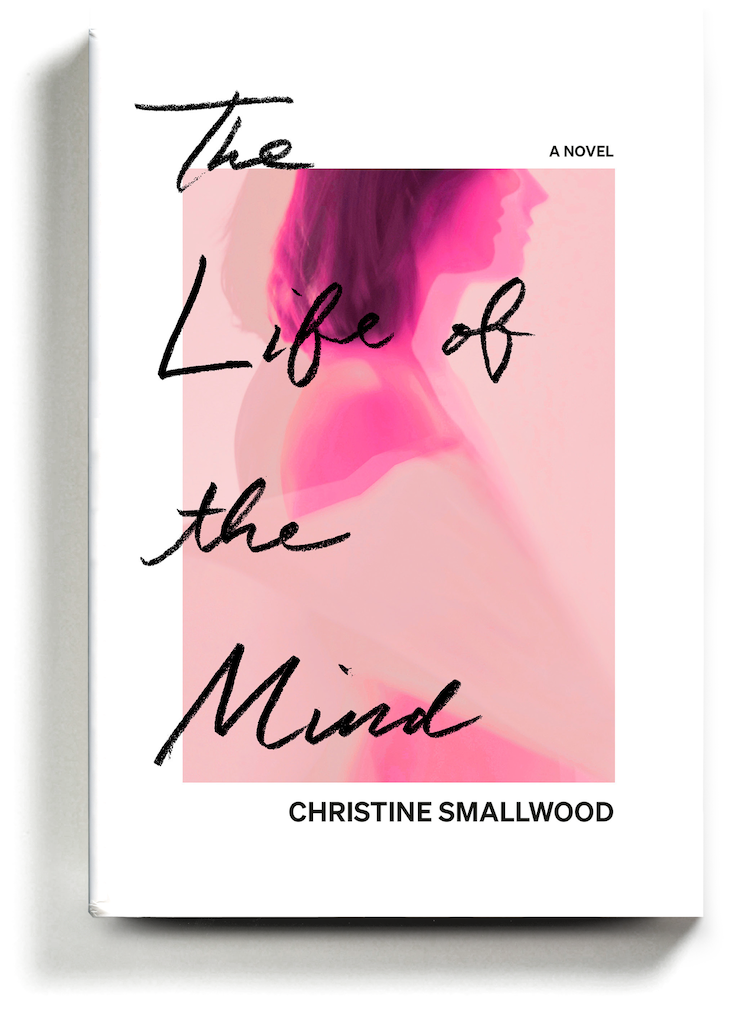Christine Smallwood’s debut novel, “The Life of the Mind,” advertises its intellectual side in the title. Its first sentence makes clear that it will also cover the scatological. Dorothy, an adjunct professor of English, is sitting in a public toilet, worried about her sixth day of bleeding after a miscarriage and ignoring a call from her therapist.
“It wasn’t that the miscarriage was such a big deal,” Smallwood writes, “or that she was broken up in grief about it; it was that she hadn’t told her therapist she was pregnant, and didn’t want to have a whole session about her tendency to withhold.” She hasn’t told her best friend about it either. She thinks of losing the pregnancy as “less than a trauma and more than an inconvenience.”
If you think Dorothy might be protesting too much, she would probably agree. Second- and third-guessing herself comes naturally. She has started seeing a second therapist “in whom she confided her doubts about the first therapist.”
Dorothy teaches two to four courses per semester, including one called Writing Apocalypse, at a private university “whose list-price tuition was twice her annual earnings.”
Smallwood is a shrewd cultural critic, a contributing writer at The New York Times Magazine and a contributing editor at Harper’s Magazine. She also holds a doctorate in English from Columbia University, and her writing about the academic world during the “decadent twilight of the profession” has the ring of truth.
Continue reading the main story

